
Old News: Your Sustainable Lifestyle has a Long History
It’s true that necessity is the mother of invention. Still, it’s important to note that, while addressing the climate crisis has made sustainable living a necessity, many of our tactics for living sustainably aren’t new inventions. Our team was reminded of this while discussing some of our ethically made tools that make creating a sustainable lifestyle at home an easy breezy task. Kasia, our fearless Brand Environment Design Manager, remarked “It’s funny how much this reminds me of what things were like when I was growing up.”
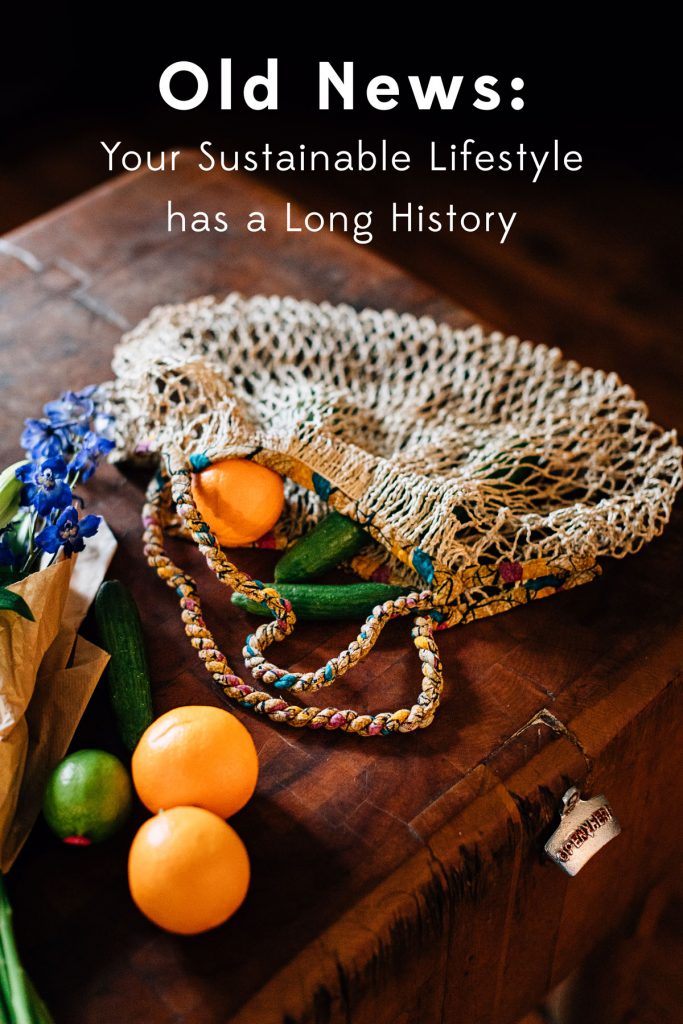
I grew up in Pennsylvania in the 1990s, so things that remind me of growing up are green ketchup and Blockbuster Video, not incredibly useful tools like mesh shopping bags and lovely cotton tea towels. I naturally had a few follow-up questions.
Kasia grew up in Bielsko-Biała, a city in Poland (at the time the Polish People’s Republic), in the 1970s. Located on the south side of Poland near the Czech Republic, the city is often called Little Vienna because of its architecture. She grew up in a small apartment, and one of her favorite memories is getting milk delivered to their doorstep in a glass bottle. Her mother would find a way to reuse anything she could. Kasia remembers the windowsills being lined with plants in containers that her mother would wash and reuse. Today, she appreciates the mismatched look, but at the time, she didn’t like it because her design eye wanted them to be in a consistent style.
When she was younger, Kasia didn’t realize that the skills she learned growing up would become fashionable.
“A shortage of resources allowed for all of us to have a big imagination because we didn’t have a choice.”
Although her childhood lifestyle was low-waste, she didn’t always view this as a good thing. When she was a teen, she watched movies about life in America. She thought it seemed like a dream to be able to have the comfortable lifestyle she saw on screen. “I thought ‘It must be so cool to have all of your groceries packed in bags while I could not have left the house without a reusable shopping bag,’” says Kasia. Even paper napkins and paper towels seemed exciting!
When she immigrated to America at 25, she wanted to experience some of the things she did not have access to growing up. She told a story about working in Chicago and wrapping gifts for a coworker’s baby shower. Colorful, fancy paper to wrap the gifts was exciting compared to the kraft paper used to wrap up everything from shoes to meat during her childhood. Years later, she has relearned appreciating kraft paper for what it is – a sustainable, post-consumer option (and we’re happy to report that all Ten Thousand Villages shopping bags are now 100% recycled kraft paper made with a minimum of 60% post-consumer waste).
Kasia shared that she had originally felt the need to disassociate with some of the habits she learned growing up because she had thought that they were the result of economic constraints.
“I thought they were choices based on economic need, but there was so much more to it.”
Now, she appreciates how many of the things she learned growing up are better for the environment. She’s happy to see that these sustainable lifestyle choices are gaining popularity. When her children were young, things like using glass bottles instead of plastic to feed babies were not popular. Once, when visiting with a group of other mothers, she was embarrassed that she had forgotten to use a disposal diaper on her son instead of cloth one. Everyone looked at her funny, and she had to defend her choice; however, these days moms are considering the impact of their choices on the environment, and Kasia is excited about this change. “I was always the mom who had everything packed, so I don’t have to buy it. Now, I look it at it like, ‘hey I’m actually doing good packing my own lunch.’”
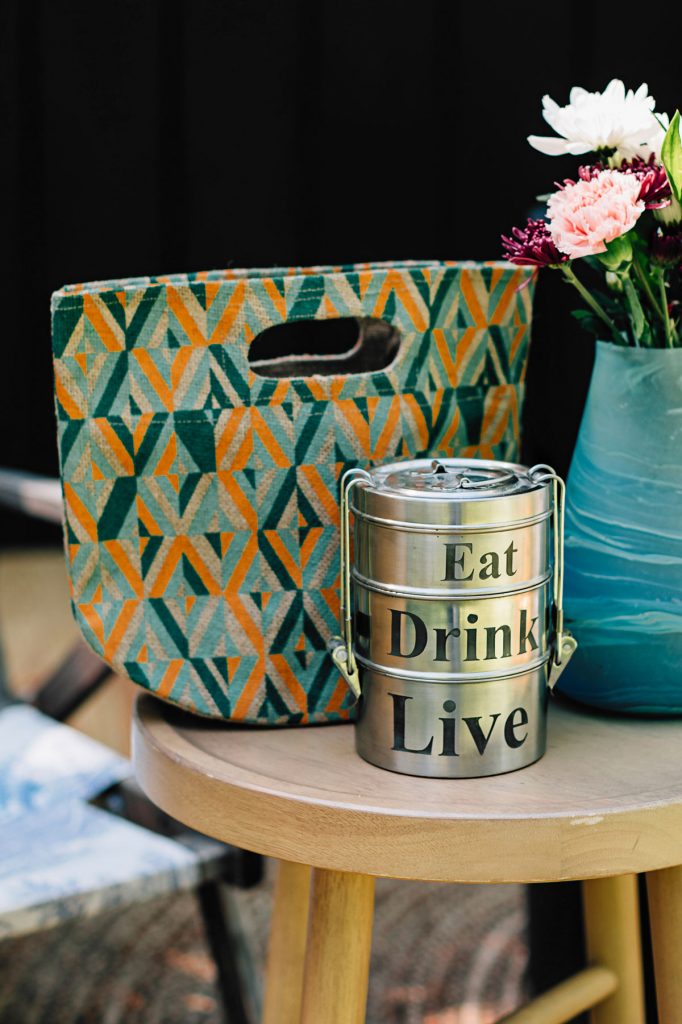
It’s wonderful and worth celebrating that sustainable lifestyle choices are trending, but going zero waste isn’t new – our trash is.
Those synthetic plastics that can take hundreds of years to break down in the ocean? They’re only about 100 years old. The first synthetic (fossil fuel-based) plastic was invented in 1907. Meanwhile, people have been composting basically since agriculture was developed (never forget that fertilizer is just a polite word for cow poop). It’s important to remember that we’re not turning to new solutions – we’re using age-old tactics to address a new problem.
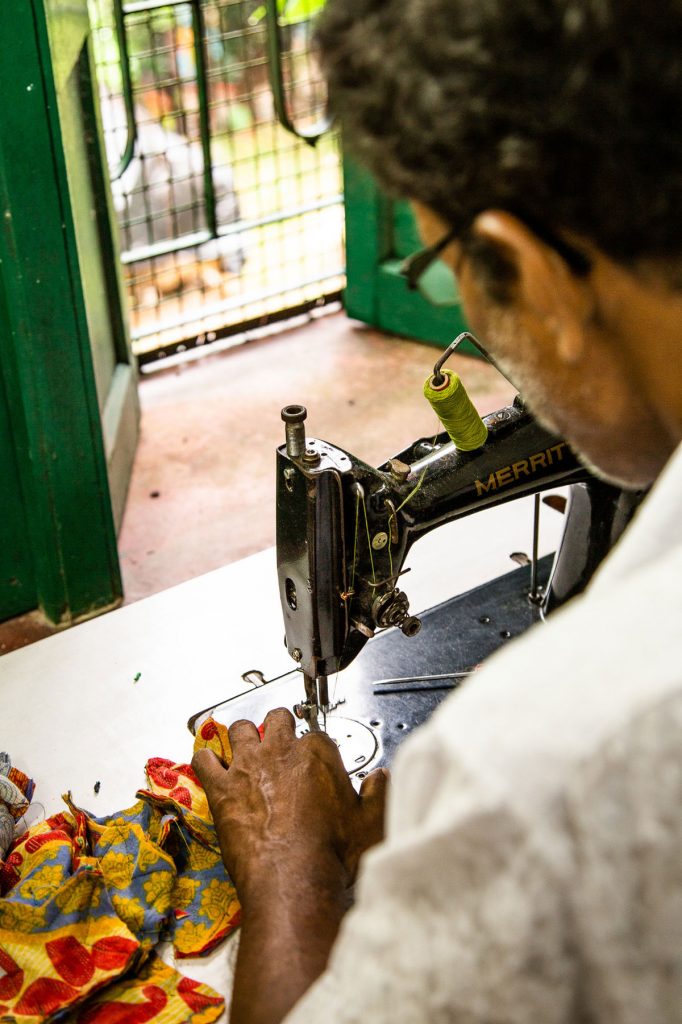
The long history of sustainable, inventive practices is also found in many of our artisan partners’ cultures as well. Economic constraints are influential in the lifestyle choices made in many parts of the world, including the U.S. But our artisan partners are not making the choice to use recycled materials, eco-friendly packing materials, and alternative processes simply for economic reasons – they care deeply about the impact of their actions on the Earth. In 2016, the United States had the largest per capita carbon dioxide emissions in the world.
Suffice it to say, we have a lot to learn from the environmental leadership of the artisan groups around the world with whom we work.
We are proud to partner with them every day in our mission to put people and planet first. To learn more about the eco-friendly materials and practices used by our artisan partners and the practices we are engaged in organizationally, check out this blog post.
It’s important to pay homage to our elders (at least when they are offering sound environmental advice – green ketchup can remain in the past). “I wish I just listened to my grandmother and my mother,” said Kasia, echoing a lament shared by just about everyone who has ever lived. What eco-friendly practices from your childhood or your culture could you put back into use today for a better tomorrow?



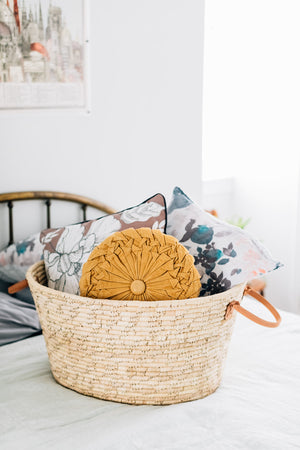
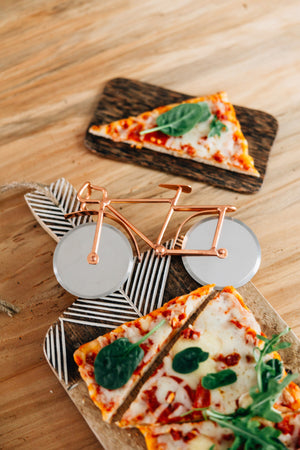
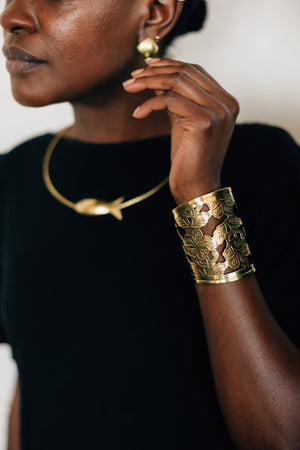
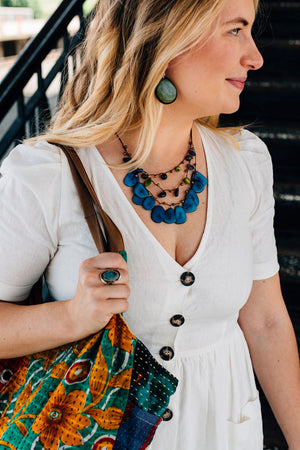
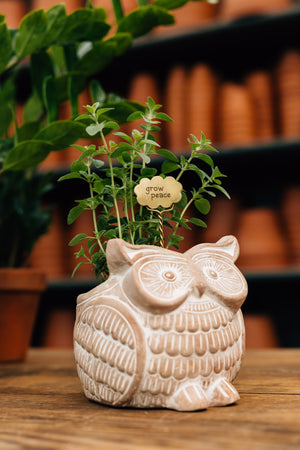

Leave a comment